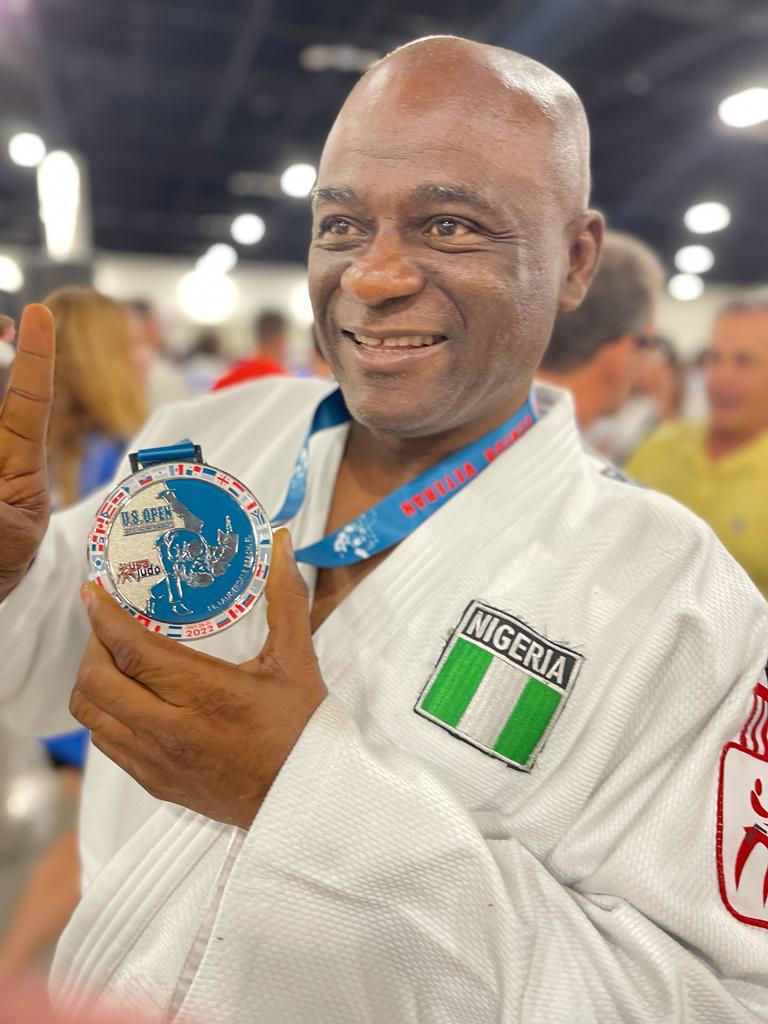May Ellen Ezekiel Biography: Her Legacy, Life with Mofe Damijo, and Cause of Death

Few names shine as brightly in Nigerian media as May Ellen Ezekiel. She wasn’t just a journalist—she was a trailblazer who carved her name in the annals of history. Her career, her relationship with Richard Mofe Damijo, and the heartbreaking circumstances surrounding her death are stories that continue to inspire. Let’s explore the life of this remarkable woman.

Early Life and Career Beginnings
Born during Nigeria’s post-colonial era, May Ellen Ezekiel showed promise from a young age. Her passion for storytelling, journalism, and truth-telling became the driving force of her career. She knew from the start that she was meant to make a difference—and she did just that.
By the time she established herself in journalism, she had already broken barriers, becoming one of the few female voices that could challenge the male-dominated landscape of Nigerian media.
May Ellen Ezekiel: Her Journey in Journalism
May wasn’t just another journalist—she was a force of nature. She founded the groundbreaking Classique Magazine, which quickly became one of the most respected publications in the country. Her work was bold, and her perspective was fearless. She covered social issues, celebrity culture, and political affairs, giving voice to topics that often went unnoticed.
May Ellen Ezekiel made it clear: women could not only be part of the media, they could lead it. Her relentless pursuit of the truth and her commitment to amplifying unheard voices made her a household name.
May Ellen Ezekiel and Mofe Damijo: A Power Couple
While May was conquering the world of journalism, she also found love in Richard Mofe Damijo, one of Nigeria’s most celebrated actors. Their love story captivated the nation. It wasn’t just a romance—it was a union of two icons. Together, they were a power couple, admired by many for their mutual respect and individual successes.
May and Mofe Damijo supported each other’s careers while maintaining their distinct identities. May’s independent spirit, even within their marriage, was something that many women looked up to.

The Tragic End: What Was the Cause of May Ellen Ezekiel’s Death?
In 1996, May decided to undergo elective surgery. While it was supposed to be a routine procedure, complications arose, leading to her untimely death. The news devastated her fans, her family, and her beloved Mofe Damijo.
Her death, caused by complications from surgery, left many wondering whether it could have been avoided. Was it medical error or just a tragic twist of fate? Though these questions may never be fully answered, one thing is for sure: her passing left a void in Nigerian journalism that still hasn’t been filled.

May Ellen Ezekiel’s Lasting Legacy
Though May is no longer with us, her legacy lives on. She was a role model for young women, a journalist who wasn’t afraid to speak truth to power, and a mentor to many aspiring writers. Even today, her influence can be seen in the work of female journalists who continue to push boundaries in a male-dominated industry.
May’s story reminds us that it’s not the length of your life that matters, but the impact you leave behind. And what an impact she made!
FAQs About May Ellen Ezekiel
- What was May Ellen Ezekiel’s cause of death?
- May Ellen Ezekiel passed away due to complications from elective surgery in 1996.
- Who was May Ellen Ezekiel married to?
- She was married to the renowned Nigerian actor Richard Mofe Damijo.
- What was May Ellen Ezekiel known for in journalism?
- She was known for founding Classique Magazine and being a leading voice in Nigerian journalism.
- What is May Ellen Ezekiel’s legacy?
- Her legacy includes her pioneering role in journalism and her influence on the next generation of female journalists.
Final Reflections on May Ellen Ezekiel’s Life
The story of May Ellen Ezekiel is one of passion, power, and perseverance. From her incredible rise in Nigerian media to her tragic death, her life serves as both an inspiration and a reminder of the fragility of life. May’s legacy will forever be etched in the history of Nigerian journalism.






4 Comments